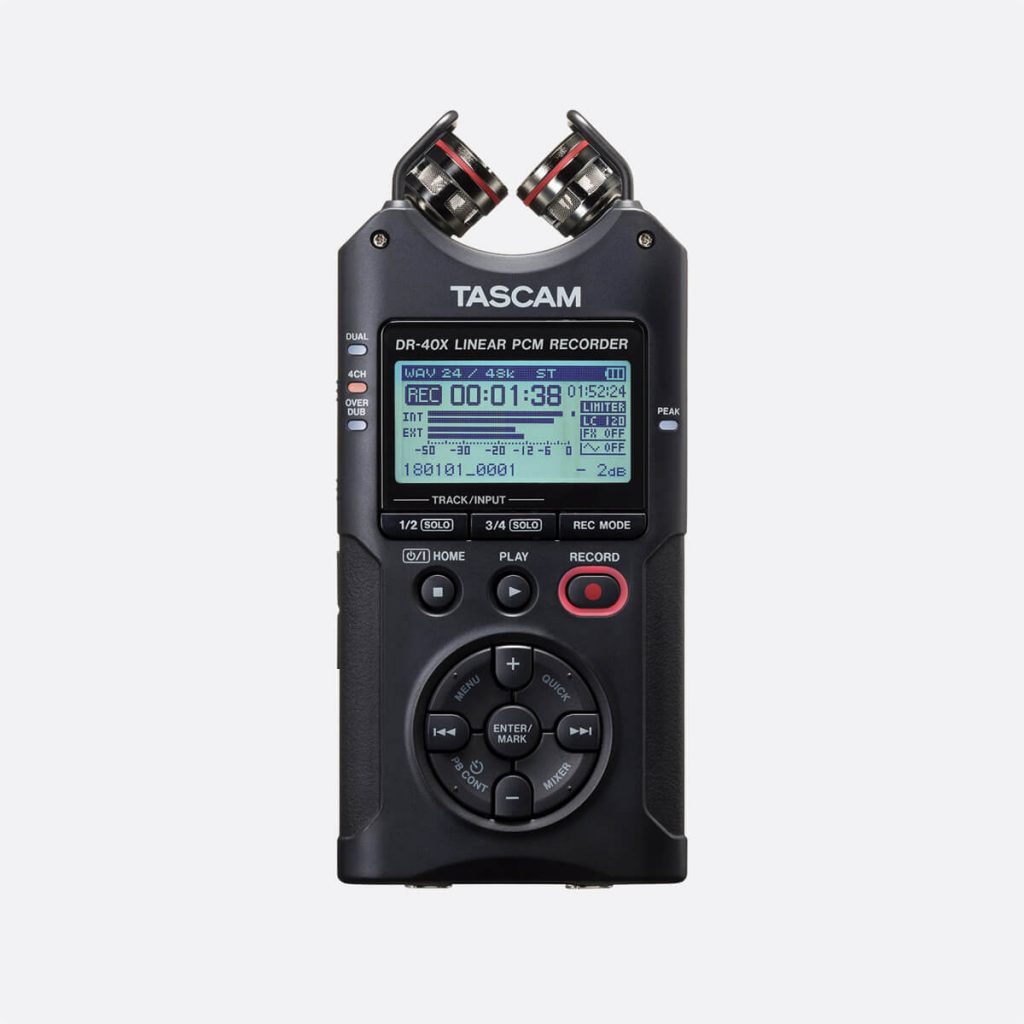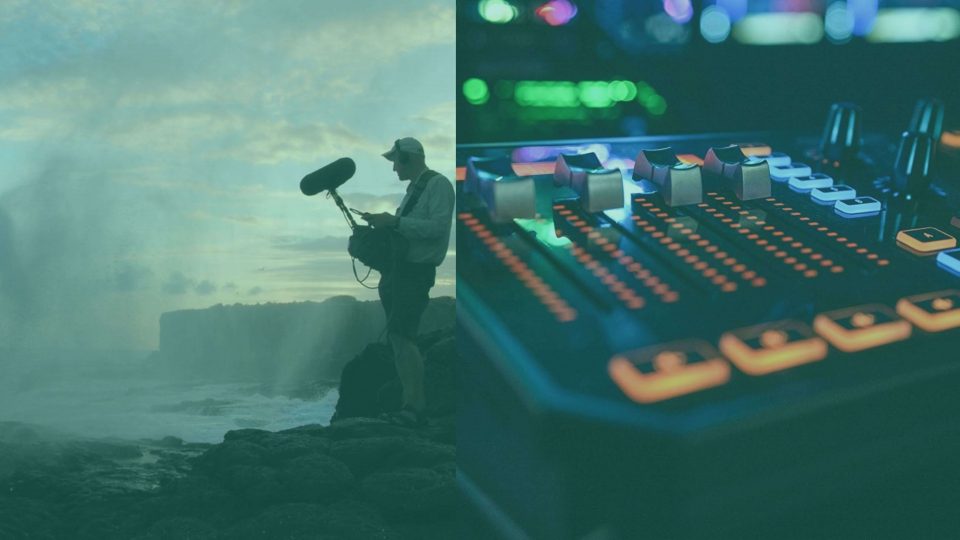Our Favourite 5 Methods of Randomisation in Music to Excite Your Listeners
Sticking to the same old routine may dry out your creative ideas. Inspiring yourself can become a chore, so maybe it’s time to switch things up?
If we can’t excite ourselves, how are we going to excite our fans? A top tip that gets thrown around is to make sounds in as many different ways a possible. By exploring different techniques of sound design, whether it’s sampled based, or experimenting with different VSTs, or using a new piece of hardware, we can get the creative juices flowing again.
But what else can we do? Here are our top tips and tricks for implementing randomness in your music creation process!
Make Use of Random Number Generators
Bored of picking up the same old instrument?
Of using the same old synths?
The same old plugins?
Why not set yourself a goal of assigning each plugin or instrument a number within a specific range?
When you get some inspiration and want to mix things up, get an online random number generator going. Whichever number it lands on represents the instrument you can use for the next part of your music.
Musikalisches Würfelspiel (lol, what?)
The baroque legend that is Johann Sebastian Bach was a fan of using randomisation in his musical compositions. How, you might ask?
He didn’t have a DAW (unless he was also a time traveller) but did use a quill and parchment.
Bach’s interpretation of randomness is known as Musikalisches Würfelspiel. It means musical dice game in German.
He would write 6 individual parts of music. After assigning each piece a number between one and six, he would roll the dice and use the phrase represented by the number the dice landed on. If it landed on 4, he’d use the fourth possible part he’d written.
And you can do this too. Write six possible parts for your music to transition into and then roll a dice to choose which one you should use.
Manipulate Your Environment
Field recordings allow you to take the world around you and turn it into music. Whether you use the sample as it is for an intro or manipulate it with the likes of granular synthesis and turn it into something truly unique is up to you.
When you start listening to what’s going on around you as potential field recordings, you’ll start finding so many new sources of inspiration to add unique character and randomness to your music – as well as making your daily life all the more interesting too.

Randomise Your Sliced Audio!
Similarly to our point about field recordings, get yourself a recorder and sample some raw audio of any percussive sound in your house. Hit some pots and smash some pans. You can use anything in your house. Also, rotate what you’re hitting and what you’re hitting with to get an arsenal of textures and sounds. Hit a pot with a wooden spoon as well as a rubber one.
Now load up the plugin you usually use to slice audio. In FL Studio you may use Fruity Slicer and in Ableton, you may use Simpler. Whatever plugin you use, remember to preserve as much transient information as you can.
Next, paste some notes into your piano roll.
Load up a randomiser plugin. There’s so many out there like Rerun by Sinevibes, as well as Ableton’s stock Random MIDI plugin.
Randomisers allow you to add so many different possibilities of rhythmic adventures that it’s impossible to write an article about randomising your music without mentioning them.
Stop Quantizing!
Mapping your music to a specified grid is… not very random at all, is it?
Well, isn’t it time you stopped quantising things? Besides, by having elements such as your drums not on the grid/beat, you’re actually giving them a more human and natural feel. The last time I checked, AI couldn’t play the drums as humans can (at least for now). And humans don’t always blast the kick or snare on the beat for every beat.
For certain tasks, of course, quantising is very useful. But if you’re looking to give your music some random and unique feel, experiment with the space between the beats.
Bonus: Leave Your Mistakes in
What’s the most random thing you’ve ever done? Did you do it on purpose? We bet you didn’t…
Mistakes are a great way to find new avenues to go down – it’s just about how you perceive your mistake. Don’t just erase it. See if you can turn it into something else.
What may seem to you like a major screw up could actually be what sets your music out from other artists in the same field. It could be the element that your track is actually missing. Listen to your mistake in a loop with one question in mind “what could I turn this into?”
Searching for inspiring sounds just got easier.
We at Mixxed have created an easy to use interface so you can spend more time writing music rather than inspiring yourself. Our catalogue of sounds is full of samples that you can browse, download and keep forever.
For less than $3 a month, you’ll have access to all of our sounds that have been provided by passionate sample creators and labels, and you can get to making music with them right away!
Sign up today to find your sound!
